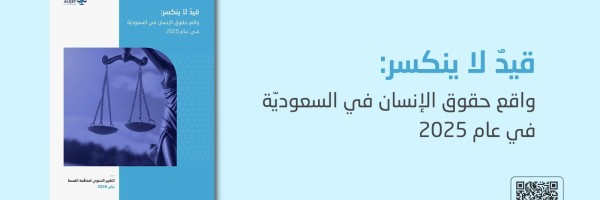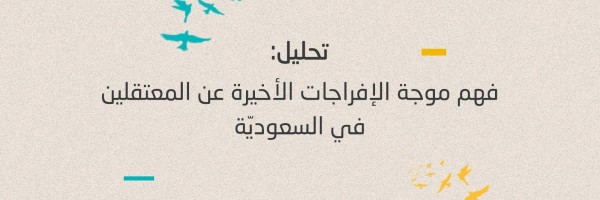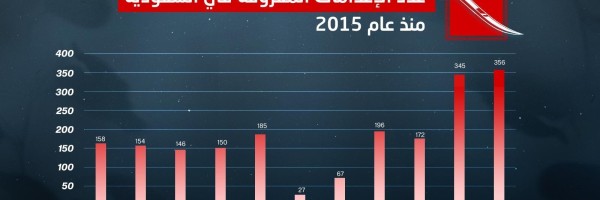On 23 January 2023, Saudi Arabia’s Specialised Criminal Court of Appeal upheld death sentences against three members of the Huwaitat tribe, Shadli, Ibrahim and Ataullah al-Huwaiti, in relation to their peaceful opposition to forced evictions and residents’ displacement for the state-led Neom megacity project. This ruling is subject to appeal in the Supreme Court; if the Supreme Court also upholds their sentences the three men will be at risk of imminent execution.
Shadli, Ibrahim and Ataullah were initially sentenced by Saudi Arabia’s Specialised Criminal Court (SCC), the court set up to handle terrorist cases) on 2 October 2022, having been brought to trial earlier in the year. They were tried on a number of vague charges under the Saudi Counter-Terrorism Law in relation to their peaceful actions, including activity on Twitter, in opposition to the construction of Neom on lands traditionally inhabited by their tribe.
Shadli Ahmed Mahmoud al-Huwaiti is the brother of Abdul Rahim al-Huwaiti, who was shot dead by security forces in April 2020 in his home in Al-Khariba, in the part of Tabuk province earmarked for the Neom project, after he posted videos on social media opposing the displacement of local residents to make way for the project. Since his arrest in 2020, Shadli has been subjected to various types of torture and ill-treatment in prison.
Ibrahim Saleh Ahmed al-Huwaiti was one of the delegation of local residents who in 2020 met the official commission charged with securing government title to the lands required for Neom. Ataullah Musa Muhammad al-Huwaiti was also seen in several video clips talking about the misery his family and other displaced residents were facing as a result of the decision to evict them.
Neom is a planned futuristic megacity being built on Saudi Arabia’s Red Sea coast, and is the flagship project of Crown Prince Mohammed bin Salman’s Vision 2030 economic plan. Dozens of members of the Huwaitat tribe have been arrested, detained and sentenced to lengthy prison terms over their peaceful resistance to eviction from their homes, and in February ALQST will publish a detailed investigation into these violations, based on first-hand testimonies from victims and witnesses.
ALQST reiterates its call for businesses involved, or thinking of becoming involved, in Neom to look closely into their corporate responsibilities and use whatever leverage they have with the Saudi authorities to end these abuses. ALQST is currently in touch with several companies that have already withdrawn or are seriously reviewing their current or future engagement with the project.
ALQST’s Head of Monitoring and Advocacy Lina al-Hathloul comments: “These death sentences are part of a series of cruel and vindictive measures against members of the Huwaitat tribe, who have faced eviction, displacement, arrest and now the harshest of punishments, for simply speaking out. Now, more than ever, is the time for companies involved, or considering engagement, in the Neom project to take a stand.”
The draconian punishment of the Huwaitat tribe forms part of a sharp deterioration in the human rights situation in Saudi Arabia since mid-2022, with the courts issuing jail sentences of up to 50 years for activists merely exercising their right of free speech. The authorities have at the same time drastically increased their use of the death penalty, carrying out 148 executions in 2022, more than twice the number in 2021, as well as resuming executions for non-violent drug-related crimes.
ALQST categorically rejects the unjust death sentences passed on Shadli, Ataullah and Ibrahim al-Huwaiti and calls urgently for pressure on the Saudi authorities to quash them immediately.




